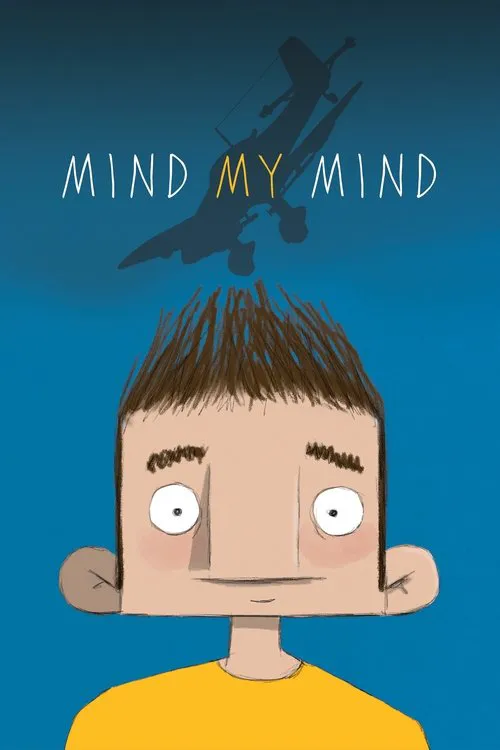Mind My Mind

Plot
Mind My Mind is a poignant drama film that tackles the complexities and intricacies of living with autism in a society that often struggles to understand and accept its members. The film's narrative delves into the inner workings of Chris, a young man on the autism spectrum, as he navigates the challenges of social interactions, relationships, and self-discovery. From a young age, Chris has struggled to connect with his peers. He finds solace in inventing and creating, often using these skills to escape the difficulties of socializing. However, as he grows older, Chris begins to crave human connection and intimacy, which proves to be a daunting task. His inability to grasp nuances in facial expressions, tone of voice, and body language causes him immense distress, leading him to feel like an outsider in a world that seems designed for neurotypicals. Enter Leo, the little man Chris has invented – a small, endearing figurine that he has programmed to communicate on his behalf. Like a tiny processor, Leo helps Chris to decipher social cues, providing guidance and reassurance in high-pressure situations. With Leo by his side, Chris feels a sense of control and stability, which allows him to gradually open up to the world around him. Chris's life takes a significant turn when he meets Sophia, a kind and understanding artist who sees beyond his autism and is drawn to his unique perspective. As they begin to form a connection, Chris finds himself increasingly reliant on Leo, unsure of how to process his emotions and navigate the complexities of a romantic relationship. Sophia, however, is patient and accommodating, taking the time to understand Chris's needs and limitations. The film takes a heart-wrenching turn when Chris and Sophia face a major challenge: they decide to have sex for the first time, a prospect that fills Chris with anxiety and fear. With Leo by his side, Chris tries to prepare himself, but he's unsure of how to proceed. The scene unfolds with tender sensitivity, capturing the intensity of Chris's emotions as he grapples with his desires, needs, and worries. As the narrative hurtles forward, Chris and Sophia grow closer, but the societal pressures and expectations surrounding autistic individuals begin to take their toll. They encounter a range of characters who embody the ignorance and prejudice that autistic people often face, from condescending healthcare professionals to dismissive romantic partners. The film also explores the inner conflicts that arise when Chris begins to realize that Leo is, in some ways, a crutch. As he becomes more confident in his relationship with Sophia, Chris starts to question the extent to which he relies on Leo to facilitate his interactions. This inner turmoil threatens to disrupt the fragile sense of trust and understanding he's built with Sophia. Through Chris's journey, Mind My Mind sheds light on the daily struggles that autistic people face, revealing the often-overlooked complexities of living with autism in a world that seems designed to exclude them. The film also underscores the importance of acceptance, understanding, and compassion – essential qualities that can help bridge the gap between autistic individuals and the neurotypical world. Ultimately, Mind My Mind is a deeply moving exploration of love, identity, and the human condition. By offering a nuanced and empathetic portrayal of an autistic character, the film challenges viewers to rethink their assumptions about autism and its place in society.
Reviews
Recommendations




